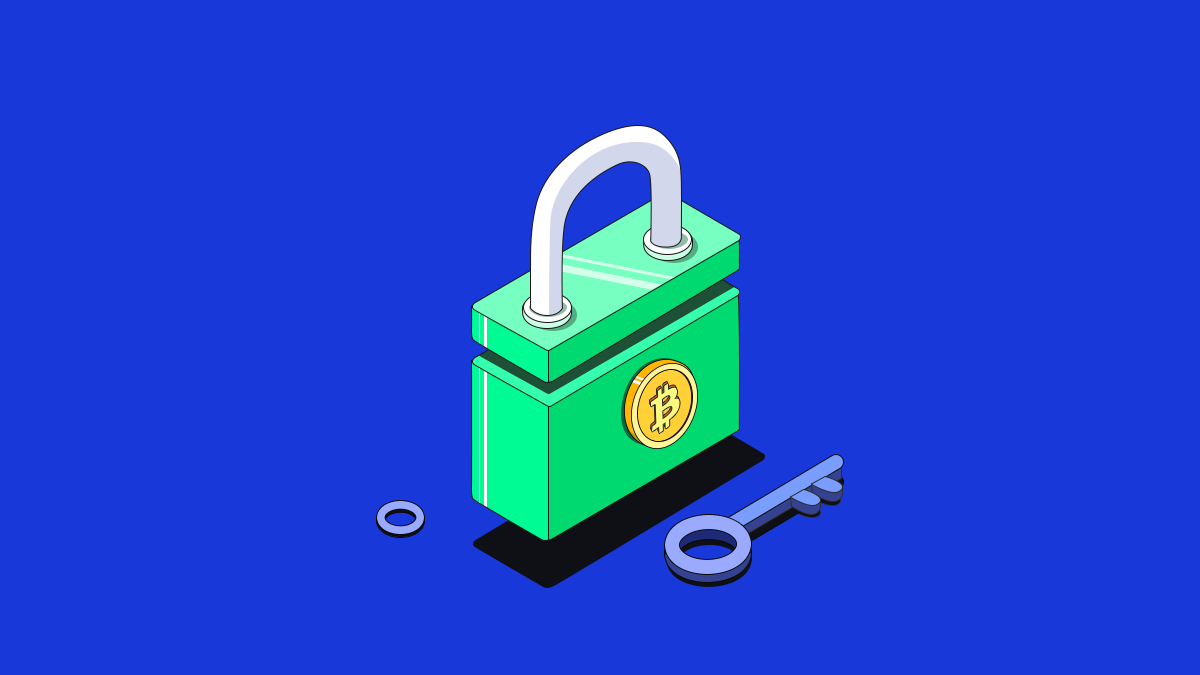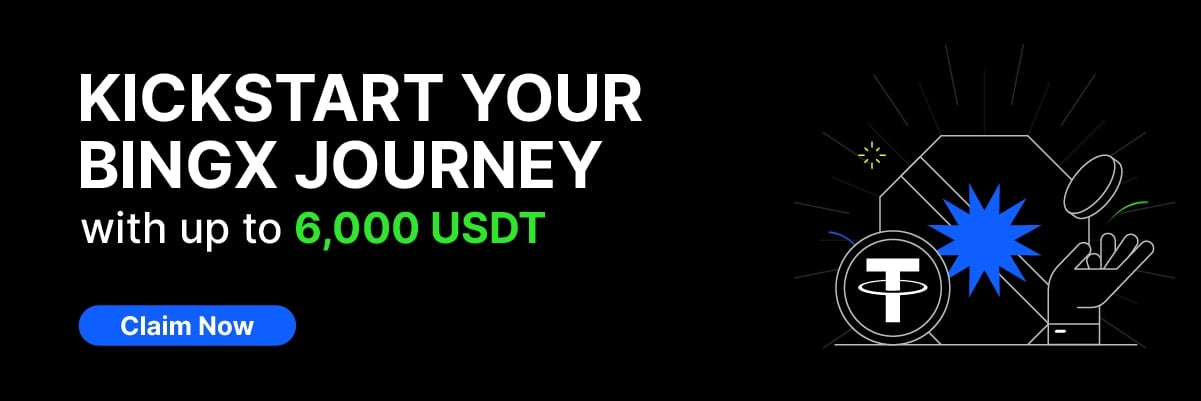
The rise of cryptocurrencies has brought immense opportunities for financial innovation, offering individuals across the globe a decentralized way to invest, transact, and build wealth. However, the explosive growth of digital assets has also attracted malicious actors. Cryptocurrency scams and hacks are increasingly common, leaving many victims in financial distress. For beginners, understanding the risks and knowing how to protect yourself is paramount. This guide dives deep into the types of scams, how crypto hacks occur, and actionable steps to secure your assets.
Types of Cryptocurrency Scams
Cryptocurrency scams come in many forms, often exploiting human emotions like greed and fear. One of the most common scams is the Ponzi or pyramid scheme, where scammers promise high returns on investment and use funds from new investors to pay previous ones. These schemes eventually collapse when new investments dry up. Another prevalent scam is phishing, which involves fraudsters posing as legitimate entities, such as wallets or exchanges, to steal login credentials. These scams usually arrive via fake websites, emails, or social media messages that mimic trusted brands (Massimo Bartoletti, 2021).
If you are looking for a relatively safe and reliable way of wealth management in the crypto sector, staking your tokens on BingX Wealth Management may be a good option. BingX is able to provide you with safe and good returns on your staked tokens.
Another form of fraud is the rug pull, where developers promote a new cryptocurrency or project, drive up its value, and then abruptly abandon it, taking investors' funds with them. This tactic is especially common in decentralized finance (DeFi) and non-fungible token (NFT) markets. Fake initial coin offerings (ICOs) are also a significant concern. In these, scammers create convincing whitepapers and marketing campaigns to lure investors into funding non-existent projects. Finally, social media and celebrity impersonation scams are rampant, with fraudsters pretending to be influencers or crypto companies offering giveaways that require you to send cryptocurrency first.
How Crypto Hacks Happen
Cryptocurrency hacks target vulnerabilities in systems, networks, or individual practices. One major avenue for hackers is exploiting weaknesses in crypto exchanges. While reputable exchanges invest heavily in security, smaller or less-established platforms may lack robust measures, making them prime targets. Hackers also attack smart contracts, which are self-executing pieces of code used in DeFi applications. Poorly written or audited contracts can be exploited to drain funds.
Another common method is through wallet hacks. Malicious actors use malware, spyware, or phishing techniques to access private keys or seed phrases. If they succeed, they can gain full control of your wallet and steal your assets. Even large-scale attacks, such as the infamous Mt. Gox hack, demonstrate how compromised central systems can lead to devastating losses for users.
Social engineering is another powerful tool for hackers. By manipulating individuals into revealing sensitive information, such as passwords or seed phrases, they bypass technological safeguards entirely. This approach often relies on trust and urgency, pressuring victims into making impulsive decisions.
How to Avoid Scams and Hacks
Protecting yourself from scams and hacks starts with knowledge and ends with implementing strong security practices. The first step is to use secure platforms and exchanges. For example, BingX is a highly reliable crypto exchange that emphasizes security with advanced encryption and user verification protocols. By choosing such platforms, you reduce the risk of losing funds due to exchange vulnerabilities.
Always verify the authenticity of any communication claiming to represent a crypto platform. Be cautious with unsolicited messages, emails, or social media posts, even if they appear to be from familiar sources. Bookmark official websites and avoid clicking on links in messages unless you are certain of their legitimacy.
Investing in a hardware wallet is another essential precaution. Unlike software wallets, which are connected to the internet, hardware wallets keep your private keys offline, protecting them from hackers. Additionally, use strong, unique passwords for all crypto-related accounts and enable two-factor authentication (2FA) to add an extra layer of security.
When interacting with decentralized applications (dApps) or smart contracts, conduct thorough research. Review audits and community feedback before committing funds. Avoid investing in projects that lack transparency or have anonymous teams. If an offer seems too good to be true, it likely is—avoid anything that promises guaranteed returns or pressures you to act immediately.
Educating yourself about the latest threats is also crucial. Stay updated on news about crypto scams and hacks to recognize emerging tactics. Join reputable crypto communities and forums where members share knowledge and warnings about potential risks.
Lastly, secure your devices and network. Use antivirus software, keep your operating system updated, and avoid using public Wi-Fi for transactions. Virtual Private Networks (VPNs) are also helpful for encrypting your internet connection, providing an additional layer of anonymity and security.
Conclusion
The cryptocurrency space is dynamic and full of potential, but it’s also fraught with risks. Scams and hacks are a constant threat, especially for newcomers who may lack the experience to recognize red flags. By understanding the types of scams, the methods hackers use, and implementing robust security measures, you can safeguard your investments and navigate this exciting space with confidence.
Platforms like BingX make the journey easier by providing a secure and user-friendly environment for trading and investing in digital assets. Remember, the best defense against scams and hacks is a combination of vigilance, knowledge, and proactive security practices. Your cryptocurrency is only as safe as the measures you take to protect it.
References:
Massimo Bartoletti. (2021). Cryptocurrency Scams: Analysis and Perspectives. IEEE.
Click the image below to receive exclusive gifts up to $6,000 by signing up for a BingX user account.
